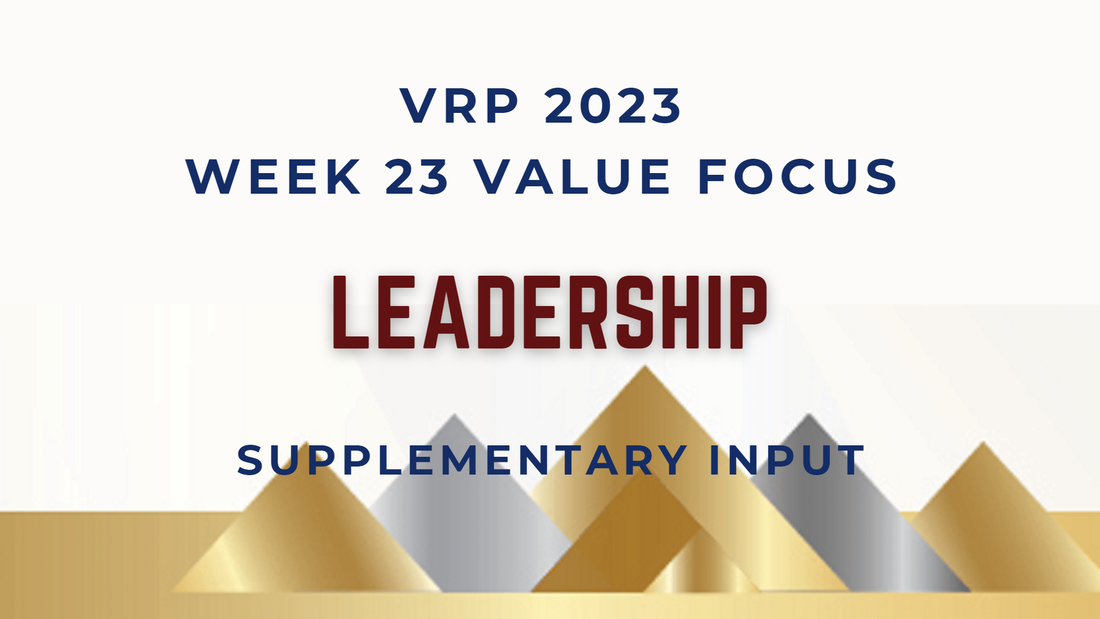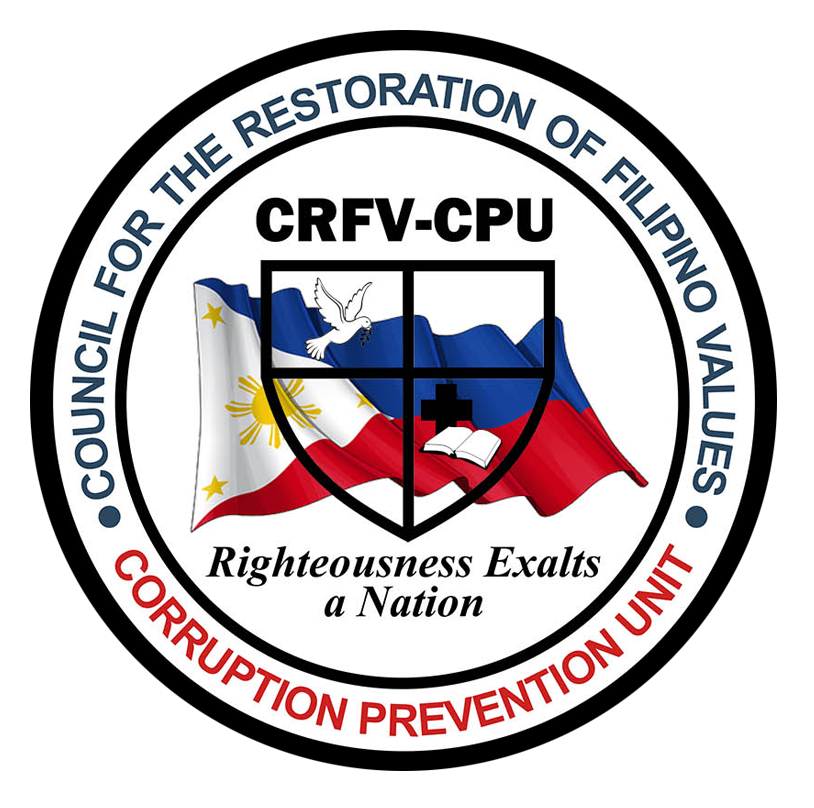|
by: Keren May Busaing The phrase "not everyone is born to be a leader" is frequently heard, and while there is some practical truth to it, can we not choose to pursue the path of leadership instead? Leadership is an inherent aspect of humanity, whether we are aware of it or not. At this very moment, let us examine the first situation that comes to mind—is leadership present or necessary? Consider our family as an example: Is it harmonious or chaotic? Would you agree that the state of our family, whether happy or not, is influenced by effective leadership or its absence? If a father lacks leadership qualities or qualifications but attempts to assert authority as the head of the family, will it not cause conflict? Many families are dysfunctional because fathers assume leadership roles without the necessary character to support them. Conversely, some families are dysfunctional because fathers fail to step up as leaders, leaving mothers or even the eldest child to take charge. It is important to recognize that leaders are shaped within families and their leadership style is significantly influenced by their upbringing.
So, how should we view leadership in light of the above illustration? Let us perceive leadership as an inherent part of our being—an essential value and an internal quality ingrained within us. This kind of leadership is primarily driven not by accomplishments or positions, but by the integrity of our character. Additionally, it is crucial to understand that leadership is not devoid of vision, for without vision, people perish. In the context of our illustration, every family must envision itself as strong, happy, peaceful, and productive to make a positive contribution to society. This can be quite challenging, considering we live in a world where positions and titles hold significant importance, and leadership is often driven by competition and strategic maneuvers. Such an approach to leadership is destructive and unhealthy. As Values Restoration Officers, our first responsibility is to establish our inner leadership quality. By prioritizing this aspect, external factors like titles will naturally follow. Promotions will inevitably come our way. We should strive to fulfill our positional roles with the necessary elements of true leadership, characterized by integrity, excellence, compassion, and humility. We should avoid using our positions to boast or exert power, as this only creates discomfort and tension for those around us. While the call to leadership is strong, let us pursue it with the right motivation. Let us take pride in the path we are choosing. The Lord will elevate us to leadership positions, not mediocrity. If we pay attention to the commands of the Lord our God and diligently follow them, we will always be at the top, never at the bottom. The ultimate key to long-term and progressive leadership is to follow the Lord's ways—practicing righteousness in pursuit of a vision that benefits everyone. Considering these points, we should stop pondering whether we are born to be leaders or not. Such thoughts are restrictive and often used as convenient excuses by those who do not wish to rise to the challenge. The path to leadership is not solely about climbing the ranks; it is about enhancing the integrity of our character and naturally attaining promotion as a result. Our motivation should not stem from a desire for positions and the fear of losing or being demoted. Instead, let us be inspired by the kind of leadership that transforms lives and accomplishes God's purpose. It is a journey we embark on with joy, excitement, and diligence—a path that will leave a lasting legacy.
0 Comments
Leave a Reply. |
CRFV Winning TeamA company of men and women who have committed their lives to the cause of national transformation. Archives
July 2024
Categories
All
|
Our Services |
Our Organization |
SupportSupport Page
FAQ Terms of Use |
Copyright © 2015 | Baguio City, Philippines 2000 | 074-424-1497 | [email protected]


 RSS Feed
RSS Feed
